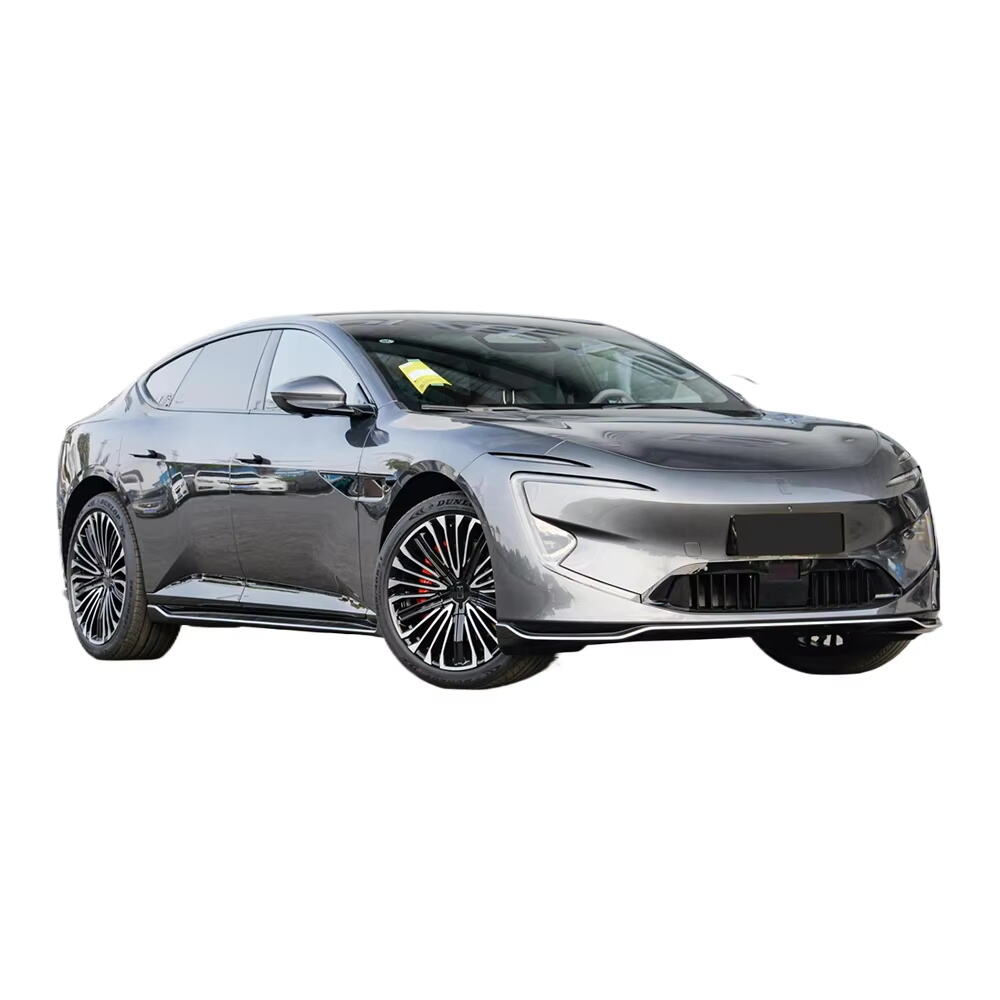Essential Maintenance Tips for Vehicle Longevity
Regular maintenance is key to extending the lifespan of your vehicle, ensuring smooth performance and avoiding costly repairs. Regular oil changes are pivotal for maintaining engine health, as they prevent sludge build-up and help the engine run efficiently. The typical recommendation is to change your oil every 5,000 to 7,500 miles, depending on whether you use conventional or synthetic oil. Keeping up with this routine can save you from extensive damage, prolonging the longevity of the engine. Engaging professional services for oil changes ensures that the right type and quality of oil and filters are used.
Air filters play a crucial role in enhancing fuel efficiency, especially in hybrid Trucks and New Energy Vehicles, which depend significantly on a clean air intake. It's advisable to check and replace air filters every 12,000 to 15,000 miles. Doing so can increase fuel efficiency by up to 10%, as clean air filters allow the engine to perform optimally by ensuring an ample supply of clean air, reducing emissions, and protecting the engine from dirt and debris.
Maintaining proper tire pressure and alignment is essential for fuel efficiency and safety. Tire pressure should be checked monthly, as under-inflated tires can reduce fuel economy by approximately 3% for every 1 PSI drop. Additionally, ensuring regular wheel alignments can significantly extend the life of your tires and improve vehicle handling. Proper alignment avoids uneven tire wear, provides a smoother drive, and ensures that your vehicle does not drift to one side when driving. By adhering to these essential maintenance tips, you'll greatly contribute to the longevity and performance of your vehicle.
Protecting Key Auto Parts for Extension of Lifespan
Extending the lifespan of your vehicle's key components requires thoughtful maintenance practices. Start with the battery, a crucial element for any vehicle, including Hybrid Electric Vehicles. Regularly clean the battery terminals to prevent corrosion, a common short-circuit cause. Keeping the charge level above 50% can prevent deep discharge, significantly prolonging battery life. This practice is especially beneficial for new energy vehicles, which rely extensively on battery performance for optimal efficiency.
Brake system inspections are essential and should occur every 10,000 miles or sooner if symptoms like squeaking or reduced responsiveness appear. Regular checks ensure that the brake fluid levels are optimal and replaced following the manufacturer's recommendations, enhancing your vehicle's safety and performance. Proper brake maintenance is critical to avoid costly repairs and ensure responsive braking, particularly crucial for hybrid trucks often used for heavier loads.
Lastly, transmission maintenance is vital for vehicle longevity. Following the recommended fluid change intervals, typically every 30,000 to 60,000 miles, can greatly extend its life. Avoiding aggressive driving habits is another effective strategy as it reduces undue stress and wear on the transmission components, subsequently lowering repair costs and enhancing vehicle performance. By being proactive with these maintenance measures, you help secure a longer, more efficient life for your vehicle, whether it's a conventional model or a hyundai hybrid.
Preventative Measures for Proactive Vehicle Care
Preventative maintenance is crucial for identifying potential vehicle issues early, which can save time and money in the long run. Routine inspections, including fluid checks and visual assessments, can catch potential problems before they escalate. Experts recommend scheduling these checks at least twice a year to ensure that all systems are functioning optimally and efficiently, particularly for vehicles tending towards the complexities of hybrid electric vehicle systems.
Equally important is the use of high-quality replacement parts rather than cheaper alternatives. This is especially critical for hybrid models like the Hyundai hybrid where performance is heavily dependent on specific components tailored for new energy vehicles. Investing in superior parts not only enhances vehicle performance but also extends its longevity, ensuring a more reliable driving experience.
Moreover, maintaining cleanliness both inside and out significantly aids in preventing rust and general wear. Regular car washes and waxing sessions protect the exterior paintwork, preserving the vehicle's aesthetic appeal and structural integrity. Meanwhile, taking care of the interior by cleaning and using protection materials helps prevent degradation over time, maintaining the vehicle's overall value and comfort. These practices, combined with regular maintenance, align with a proactive approach to vehicle care for hybrid trucks and other similar vehicles.
Conclusion: Key Takeaways for Keeping Auto Parts in Top Condition
Summarizing the essential maintenance tips, regular inspections, quality parts, and adherence to scheduled services are crucial for vehicle longevity. Prioritizing these practices helps in detecting problems before they escalate, ensuring your vehicle operates smoothly. Additionally, understanding the specific care requirements for new energy vehicles and hybrids, like maintaining electrical systems in hybrid electric vehicles, ensures optimal performance. By integrating these strategies, not only do you enhance vehicle efficiency but also prolong the periods between major repairs, thereby safeguarding your investment.
FAQ
How often should I change my oil?
The typical recommendation is every 5,000 to 7,500 miles, depending on whether you use conventional or synthetic oil.
When should air filters be replaced?
Air filters should be checked and replaced every 12,000 to 15,000 miles to ensure optimal engine performance and fuel efficiency.
What is the importance of tire alignment?
Proper tire alignment extends tire life, provides smoother vehicle handling, and prevents drifting while driving.
Why is regular brake inspection essential?
Regular brake inspections prevent costly repairs and ensure responsive braking by maintaining optimal brake fluid levels.
How can I extend my vehicle's battery life?
Keeping the charge above 50% and regularly cleaning battery terminals can significantly prolong the battery's life.

